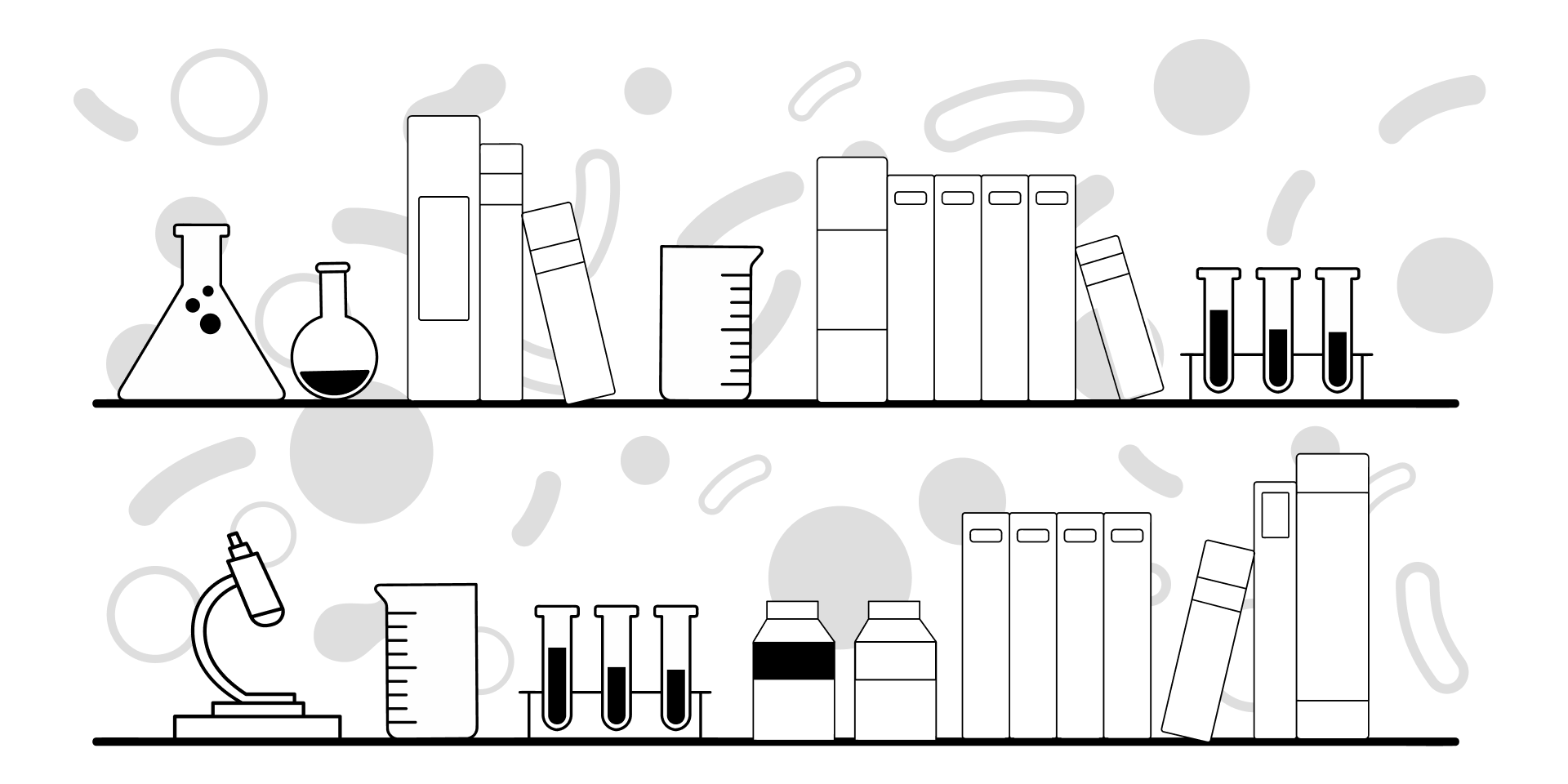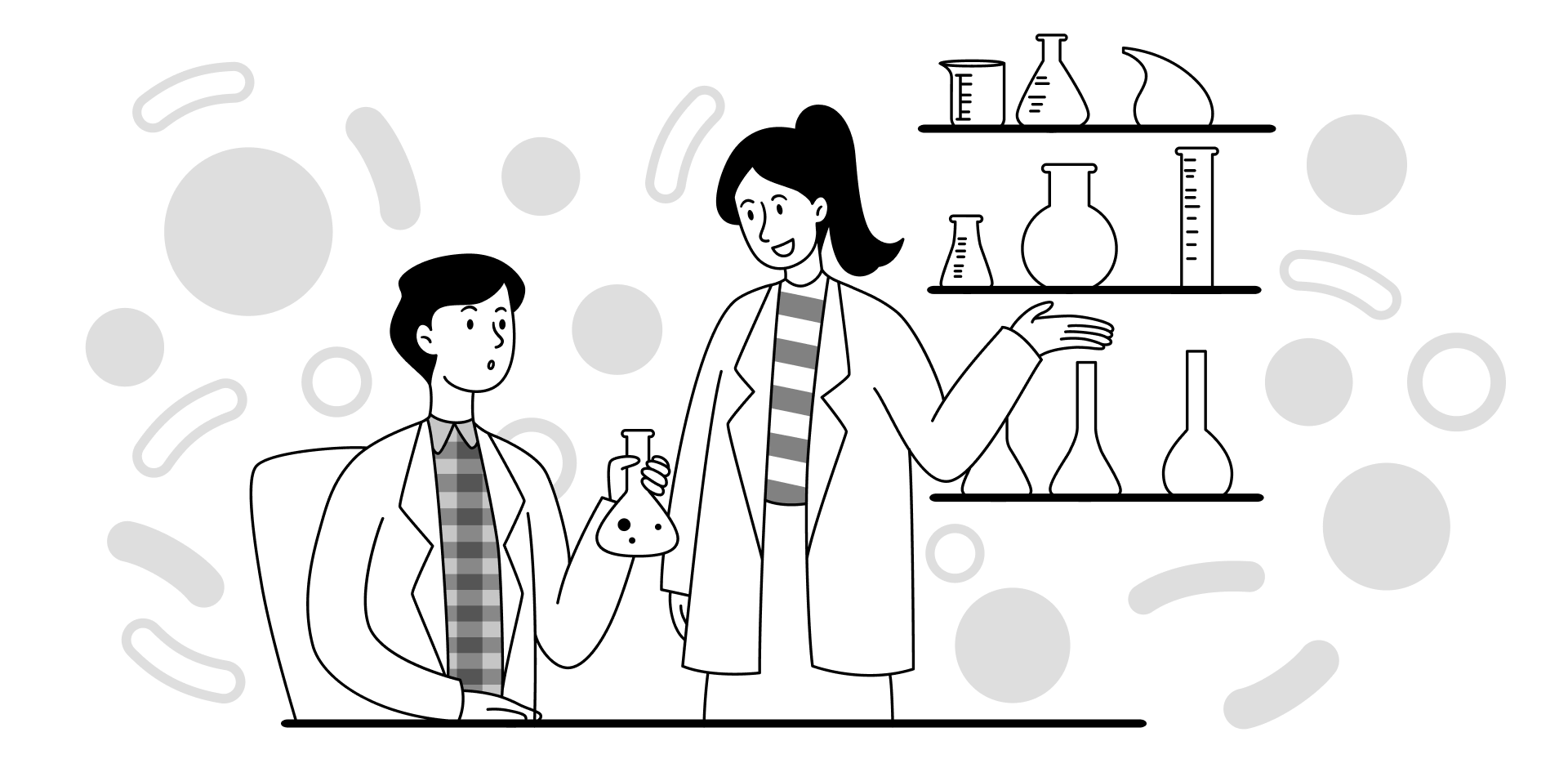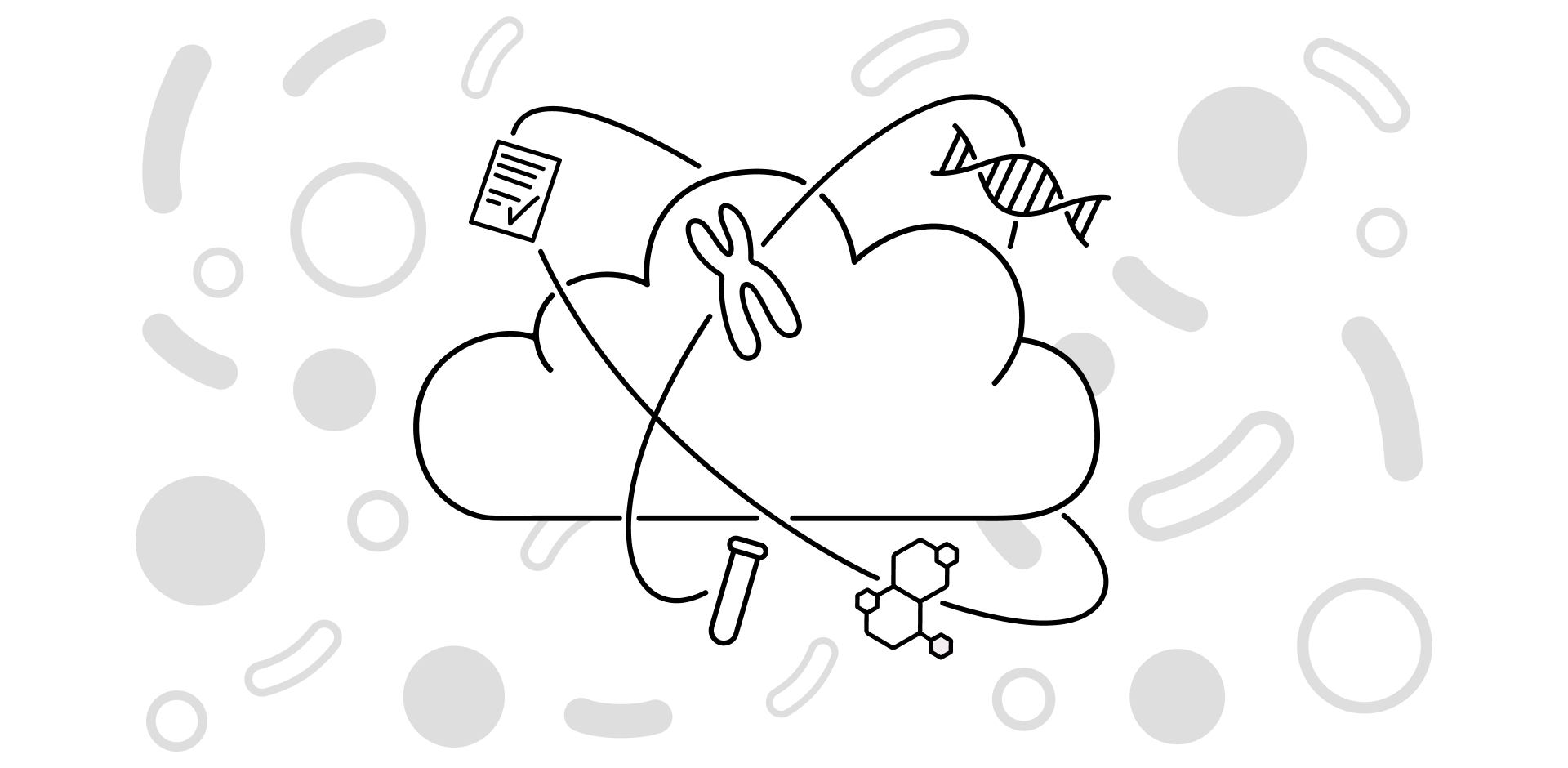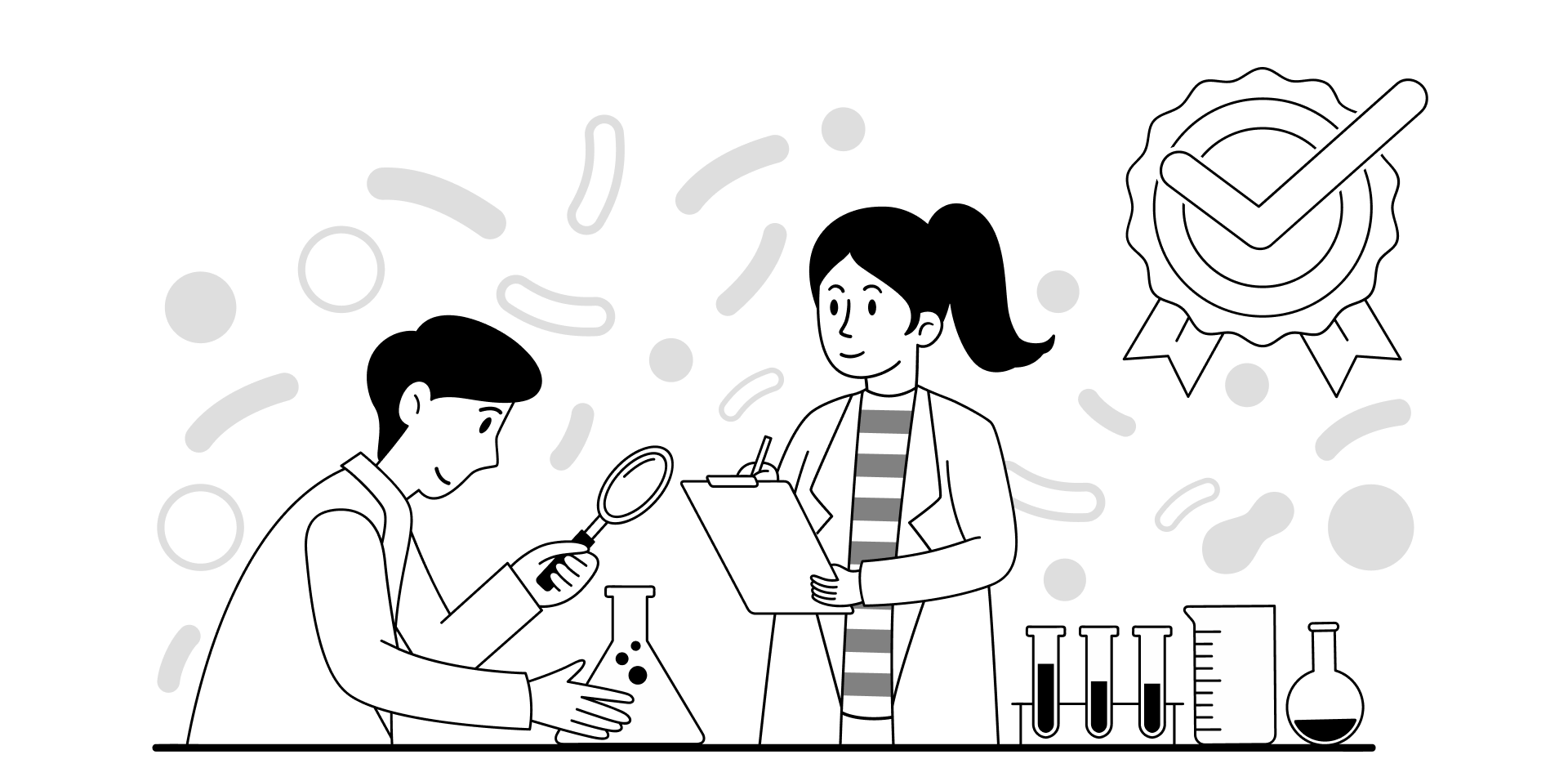
What must agtech and agronomy labs keep in mind when setting up?
We examine the core factors when setting up an agtech or agronomy lab, including commonly used equipment and relevant standards and proficiency programs.

What must longevity labs keep in mind when setting up?
Longevity labs are research facilities dedicated to studying aging and developing therapies to extend the human lifespan and improve the quality of life as people age. Examples of research topics studied in longevity labs include cellular reprogramming, tissue regeneration, brain rewiring, biological age reversal, prime genome editing, and NAD boosters. Setting up a lab focused on these areas requires careful consideration regarding equipment needs and compliance. Below, we highlight the key factors to consider, including commonly used tools and standards and regulations that may apply to longevity research.

What must microbiome labs keep in mind when setting up?
Microbiome research is often conducted in highly-regulated industries, such as foods, supplements, and pharmaceuticals, and various standards and regulations will apply. This article explores key factors for setting up a microbiome lab, including commonly used equipment and software and compliance considerations.

What must biopharma labs keep in mind when setting up?
This article reveals a few key considerations for those setting up a biopharma lab, including important equipment and compliance obligations.

Effective communication between scientists and non-scientists
This article describes best practices and frameworks for communicating effectively for scientists in commercial scientific enterprises.

What must materials science labs keep in mind when setting up?
We explain the key requirements for setting up a materials science lab, including commonly used equipment and software and regulatory requirements.

Making the leap from academic research to industry R&D: What scientists need to know to make the transition
Why a researcher might decide to make the transition from academia to industry, and the differences between the two environments when it comes to scientific research.

Cloud vs. On-prem: Risks and Benefits
This piece compares cloud computing against on-premise systems and reveals the key benefits and drawbacks of shifting to the cloud.

Cloud labs: The future of scientific R&D
We take a closer look at how cloud labs work. We discuss key players in the field and how to determine when to work with one of these organizations.

Laboratory inventory management for the 21st century
We look at the importance of proper inventory management, and how to optimize laboratory operations through efficient inventory management systems.

Implementing a Quality Management System (QMS) in your Laboratory
A QMS is a framework that is used to ensure that all activities performed by a laboratory meet or exceed customer and regulatory requirements.

Things to consider when working with CROs
CROs have played an important role in the scientific industry over the past few decades and have grown to be more than a simple outsourcing resource.

Laboratory Hazardous Waste Management: Classifying and Handling Hazardous Wastes – the Right Way
Laboratory Hazardous Waste Management focuses on handling specific wastes generated from laboratory experiments and research.

Establishing protocols and standard operating procedures
Protocols & SOPs are essential for research repeatability, efficiency, compliance, and safety. Learn how to use digital tools to save time and avoid errors.

Proven systems for effective modern lab management
In this article, we'll discuss specific approaches to successful lab management and provide tips and pointers for implementing these systems.

Good Laboratory Practices and how to be compliant
GLP regulations ensure that labs have specific organizational structures, follow established procedures, and data is recorded to ensure traceability.

Agile science: Lab project management for greater research velocity
Principles from agile project management enable scientific teams continuously improve their research workflows.

Role of ELNs in patent matters after the America Invents Act
How to protect your scientific IP and why the use of an ELN remains essential in patent matters even after the implementation of the America Invents Act.

What Is a chemical hygiene plan, and how does it work?
Having a chemical hygiene plan in place before an emergency can make all the difference between a minor inconvenience and a life-threatening situation.

FDA 21 CFR Part 11 compliance: How to protect your scientific IP
Most labs are subject to 21 CFR Part 11, even if they don't directly operate in an FDA-regulated industry. Here's how to keep your research compliant.

15 best R&D podcasts for scientists
The world of R&D is ever-changing, and your job as a scientist will evolve over time. Keep up with the latest trends by listening to industry podcasts.
